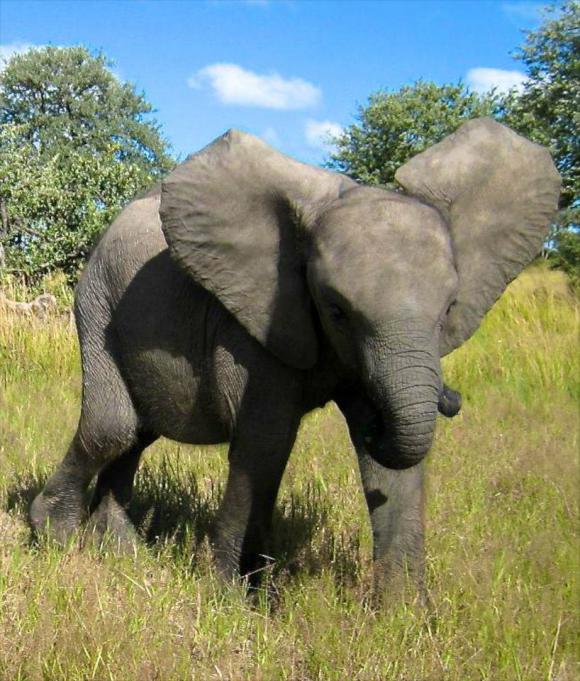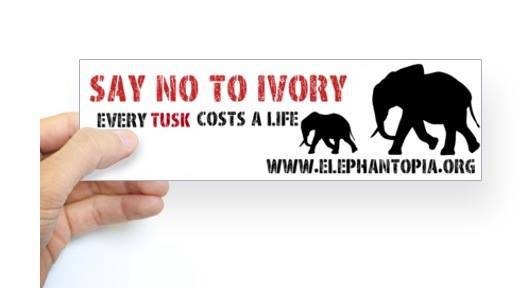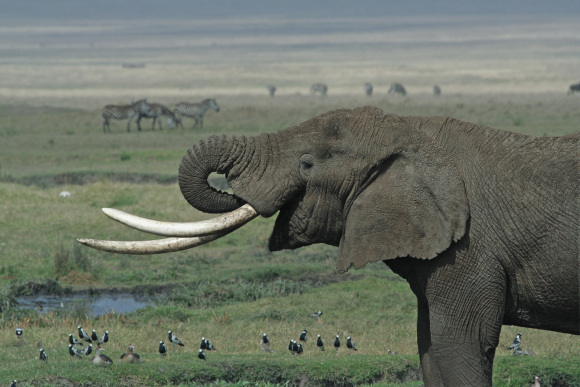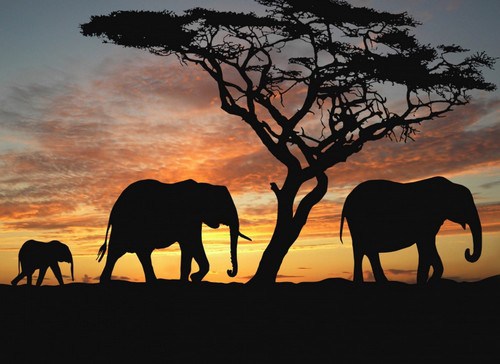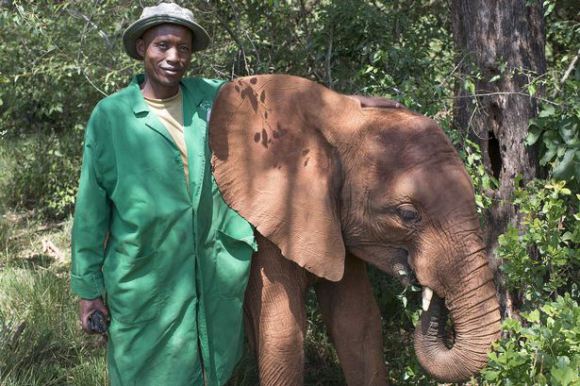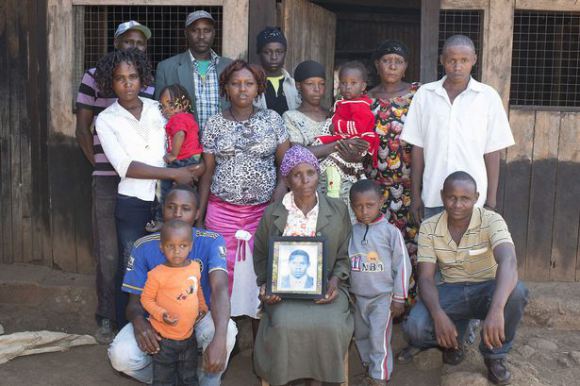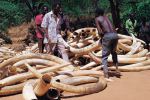Every day, on average 96 elephants are killed for their tusks. In the last ten years, more than 1,000 wildlife rangers have been killed in the line of duty protecting Africa’s heritage. Ivory is currently worth more than gold.
These are sobering statistics that should not be taken lightly.
Yet, I’ve met many people who are, unfortunately, ignorant of the facts surrounding the ivory crisis. They make light of my passion for elephants, not realizing the gravity of the situation. While it’s comforting to think that “it’s just elephants” and “everything will work itself out, it will all be O.K” the truth is, it’s not “just elephants” and it’s not going to “work itself out.” That’s where education comes in.
Education is the most powerful weapon which you can use to change the world (beautifully said by Nelson Mandela). But “Educating the mind without educating the heart is no education at all. -Aristotle” So today, I want to share a few stories I’ve read from those who are living this nightmare in Africa to help educate hearts as well as minds.
Meet Quanza , an elephant orphan who was one year old when she saw her mother shot dead with an assault rifle before her tusks were hacked off by poachers.
Quanza’s two sisters went the same way and the young calf was spared only because she had no ivory worth wasting a bullet on.
She is one of the thousands of African elephants left orphaned as crime syndicates linked to terrorism sell prized “white gold” to the Far East.
Jonathan Mancha, shot dead by gun-toting Somalis in Kenya’s Amboseli National Park where Quanza was born, leaving seven children between 15 and three without a father.
Jonathan, 37, had been chief ranger for 15 years when told a poaching gang was at large. He was off duty but that didn’t stop him waving goodbye to his family, jumping in his Kenya Wildlife Service jeep and heading for the scene of the massacre.
That was the last time they saw him.
The family [lives] in a tiny, stifling hovel down a rutted mud track. Old newspapers cover the wooden walls. Older brother Tim, who has stepped in to support the children, tells that Jonathan was a hero. Widow Alfonzina, 50, has to go outside [for the interview]. She can’t bear to be reminded of what happened. Tim recalls: “He was told by another ranger that men, he called them butchers, had killed a giraffe and an elephant.
“He said, ‘I’m not going home while poachers are slaughtering animals’. “It was believed these were Somali poachers and I warned him that Somalis shoot to kill, not to scare.
Families of rangers suffer too - not just when a poacher kills a ranger, but in the threats and attacks families have to deal with from the poaching gangs. Frank Bolangonga, a ranger in the Congo, shares this story with CNN:
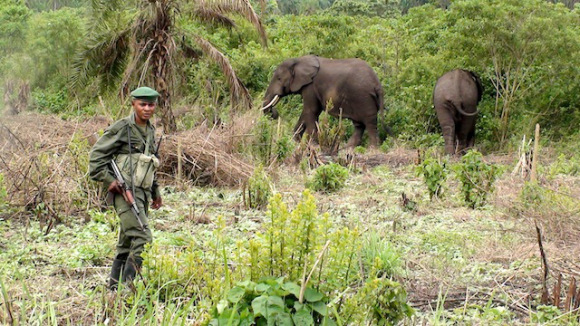
“My wife went to buy petrol at the market,” he says. “When she was on her way back home they attacked her, tried to rape her, but she was strong. She pulled back and her dress ripped and she ran away.”
The threats intensify after arrests and raids, and did so even more after the team brought in Ghislain Ngondjo, better known as “Pepito.”
Vianney Evoura, who used to poach for Pepito back in 2004, testified against him in court. They live in the same village and Pepito’s relatives have vowed revenge.
“His mother promised to poison me,” Evoura says. “I don’t go out after dark unless I am with five or six other people, I don’t eat out. I am always on alert.”
African Parks headquarters is just a 10-minute drive from Pepito’s village, which has forced Eckel to send his own family away.
“There was threats of attack on the camp where we live, my family was with me at this time. I don’t want to take the risk for them because of my job,” he tells us.
And finally, a known elephant poacher who boasts of hacking off the tusks of at least 70 elephants with rudimentary weapons, has just been released from prison. In this interview it is plain to see how this trade has destroyed his spirit. In traditional African culture, the elephant is viewed as an elder, and to hurt them is taboo. Many times, if one comes across a dead elephant, they leave small gifts, like beads or milk or green branches as a sign of honor.
But here, John Sumokwo explains the pain the elephants endured at his hands, and he shows no sign of remorse. This trade has hardened his heart. (Photos & story shared from here)
“When I killed the elephants, the others would shout. They were extremely distressed. They would run around looking for ways of defending the one I had attacked. I remember one young calf saw me kill her mum.”
“She ran off for protection from other animals. My attacks were so frequent that the elephants could not mate and have calves. There were not enough male bull elephants left.”
The ivory trade kills. It kills elephants, it kills people. It is not something to mock or something to ignore. Today, share these stories with friends you have who may not understand the real pain and agony of the ivory trade to help spread awareness about this atrocity. Awareness is the first step to awakening the soul to action.
And please, don’t laugh.
Like this:
Like Loading...

